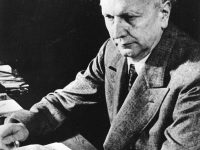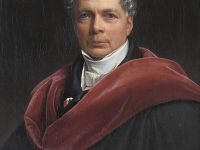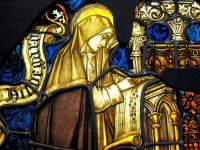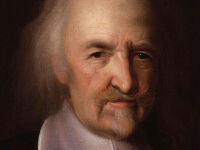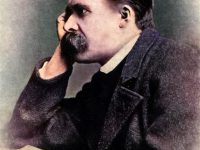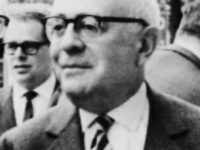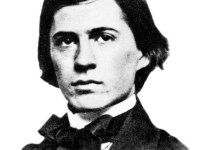Karl Jaspers and his Philosophy of Existentialism
On February 23, 1883, German-Swiss psychiatrist and philosopher Karl Jaspers was born. Jaspers had a strong influence on modern theology, psychiatry, and philosophy. He was often viewed as a major exponent of existentialism in Germany. “Man, if he is to remain man, must advance by way of consciousness. There is no road leading backward. … We can no longer veil reality from ourselves by renouncing self-consciousness without simultaneously excluding ourselves from the historical…
Read more

